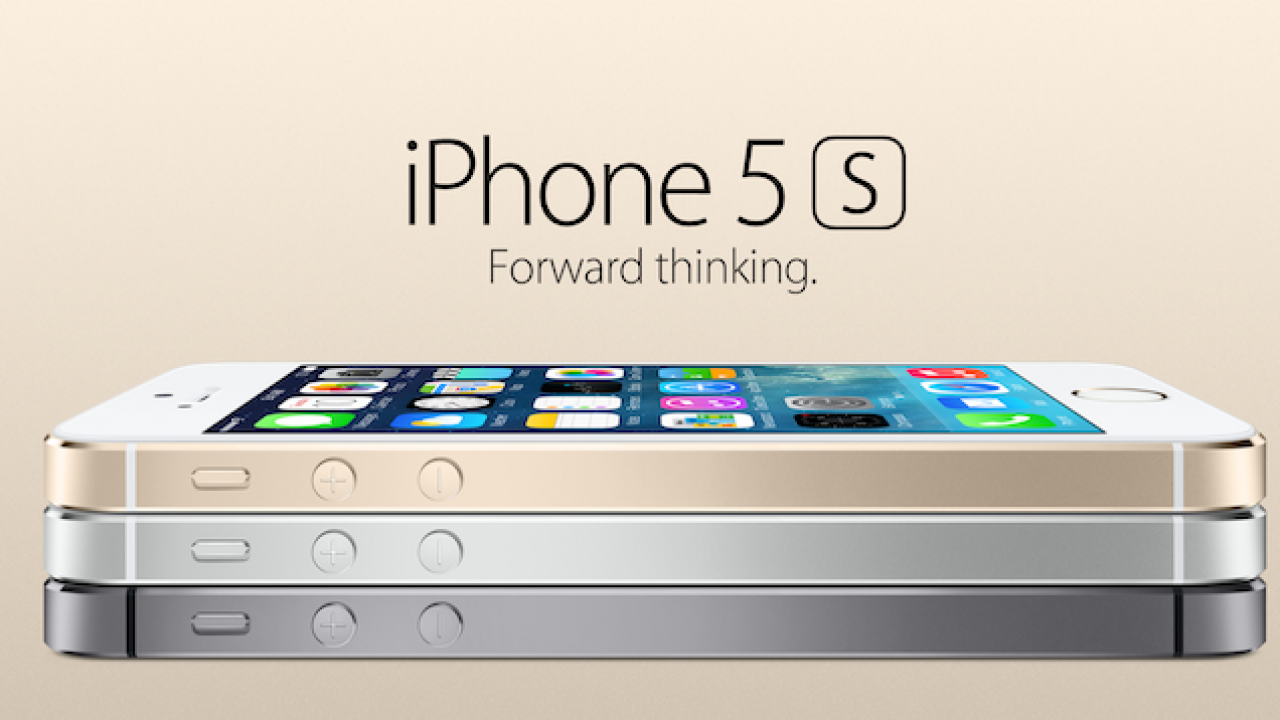iPhone 5s Fingerprint Scanner Raises Security Concerns

Apple’s iPhone 5s, the latest and greatest device to come from the House that Jobs built, will come with a built-in fingerprint scanner to allow users to avoid the hassle of entering passwords when looking to buy items from the App Store. But in a world rocked by the ongoing threat of hackers, and most recently thrown into shock because of revelations of the NSA’s widespread monitoring, some are criticizing Apple’s move to include stored, unchangeable biometric data as a workaround for using passwords and pin numbers.
A post on CNET today points back to German magazine Der Spiegel, which features an interview with Hamburg’s commissioner for data protection and freedom of information, John Caspar, who expresses his concerns over the ways the fingerprint scanner can make users vulnerable.
Said Caspar (translated from German by CNET):
“Biometric features you cannot delete. [It is] lifelong. Fingerprints should not therefore provide for everyday authentication method, especially if they are stored in a file. […]The current user is not in a position to control what his applications do with the information he puts in them.”
Hackers and criminals who would steal your information is only one potential threat that comes with biometric data being digitally linked to one’s identity and accounts. The aforementioned NSA has become more of a concern to a lot of Americans in recent months, as this recent political cartoon by Joe Heller points out.
For its part, Apple says that the data will be encrypted and stored only on the device—that there won’t be some kind of online repository for users’ most personal method of identification. Even if this is true, however, the threat of linking a fingerprint with one’s personal data is something worth worrying about. It’s true that nothing bad may ever come from the innovation. But while a breached password can be disastrous for the victim, a password can be changed.
Fingerprints, on the other hand, are permanent, and could do all kinds of damage to individuals should they become a routine method of identifying someone’s digital life. Most people are born with only ten fingers and toes, and I have my doubts that anyone would switch to their feet should they run out of fingerprints should they need to change after a breach. In the end, while fingerprint scanning may seem like a secure method of keeping one’s information tied to one person, I have a feeling that there’s more potential for harm than good.
But that’s me. With each new technological advancement, it’s easier to worry about the bad things that can happen than to focus on the realistic possibilities that are far more likely. Will a conglomeration of hackers and NSA agents rappel down your building and steal your iPhone to get your fingerprint? Probably not. But that won’t stop us from imagining it could happen.